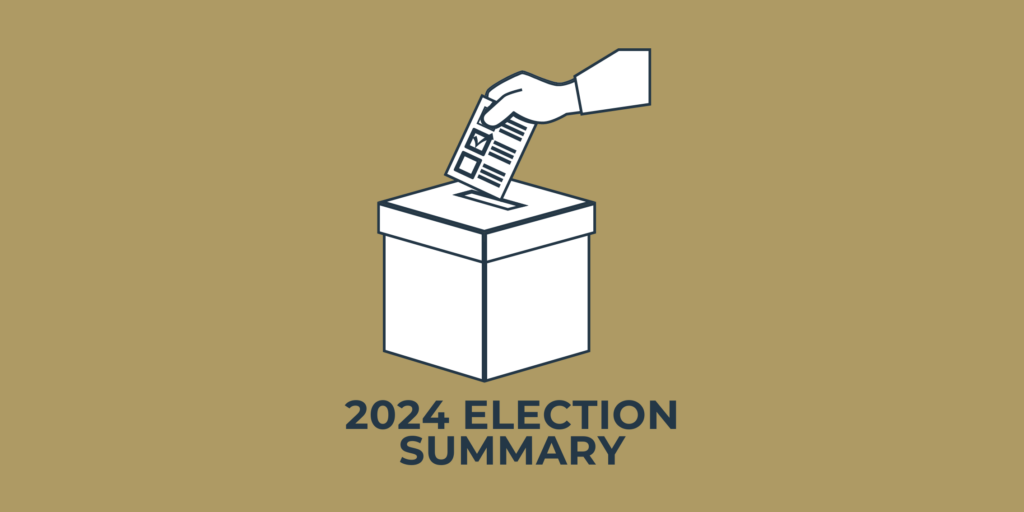The New Labour Government and what they have planned.

On 4 July 2024, Labour, led by Keir Starmer, won a decisive majority, ending 14 years of Conservative rule.
- Economic Challenges: Labour inherits a tough economic situation, with government borrowing at a projected 3.1% of GDP and debt at 91.7% of GDP. Rising global tensions have increased defence spending to 2.5% of GDP, and interest payments alone are projected at £65 billion for 2024/25.
- Immediate Issues: Labour faces numerous immediate challenges, including:
- NHS funding gap and social care
- Public sector pay, particularly in the NHS
- Local council bankruptcies
- Housing shortages
- Potential collapse of Thames Water
- Overcrowded prisons and justice backlog
- School and university funding crises
- Tax Plans: Labour’s tax proposals include:
- Reducing tax avoidance
- Revising non-domiciled taxation
- Levying VAT and business rates on private schools
- Ending Capital Gains Tax treatment of carried interest
- Windfall tax on oil and gas companies
- Increasing stamp duty for non-UK residents
They also promise no tax increases on working people, though the definition of ‘working people’ remains unclear.
- Upcoming Budget: Chancellor Rachel Reeves has ruled out an emergency Budget, planning a comprehensive review with the Office for Budget Responsibility. A full Budget is expected later in the year, but specific dates are uncertain due to the Labour Party Conference and other scheduling issues.
- Parliamentary Schedule:
- State Opening on 17 July, followed by six days of debate.
- Summer recess will be delayed from the original 23 July date.
- Conference recess in September/October may be shortened.
- First 100 Days: Starmer emphasises immediate action. The first 100 days, ending on 12 October, are crucial for enacting change and setting the stage for future policies.








